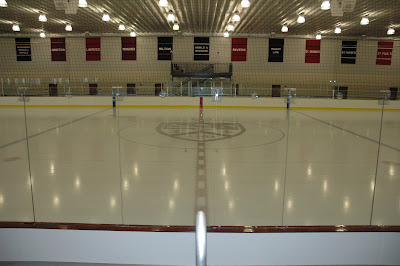The following document from 1945 provides a record of fruits of the Dummer Allies’ fundraising efforts for the first 30 years of the society’s existence: $3,428.76, of which more than half was used to provide scholarship aid for deserving boys chosen by a scholarship committee. Given the society’s annual dues being $0.50 per member, providing an annual $100 scholarship was no small endeavor. Indeed, a document that can be found in The Governor’s Academy Archives—Headmaster’s Notes on the 1945-1946 Budget—reveals that at the time, the average tuition per student was approximately $1,300, making a $100 scholarship quite a significant amount.
To provide context, the 1945-1946 budget includes line items for furnishings and equipment such as an electric stove ($75); total furnishings for a boy’s dorm room ($180), including a bed ($18.75), chest of drawers ($31.50), desk ($28), chair ($8.75), and lamp ($3.75); and a station wagon that the school was considering purchasing for travel ($1,800). A passage corresponding to this latter budget item indicates, “It is desired to make provision to purchase a new station wagon when and if available to replace the ’37 station wagon now in such bad condition that upkeep costs are prohibitive. If a new station wagon does become available, it will be used as a stand-by for the Packard, which is also no longer wholly reliable, and for more dignified school errands. The present ’41 station wagon will then be used for transportation of trunks, express, etc., and will be turned over to Dutchy Holland or his successor each evening for returning the help to Newburyport and for bringing them out on the following morning. Both station wagons will, of course, be used on occasion for athletic trips, etc.”


Today’s Allies have continued fundraising initiatives that started with the society’s 1910 founding. The society’s efforts support numerous enrichment activities such as the Speaker Series, the purchase of library books, and the provision of student necessities—refreshments, exam survival kids, and parties and other events.












































